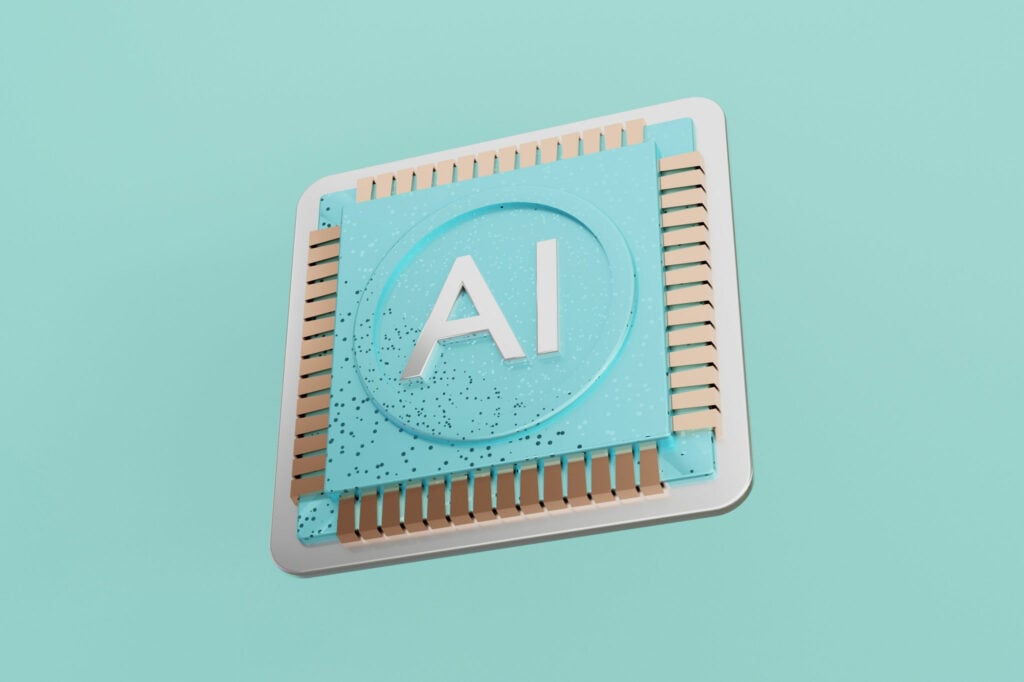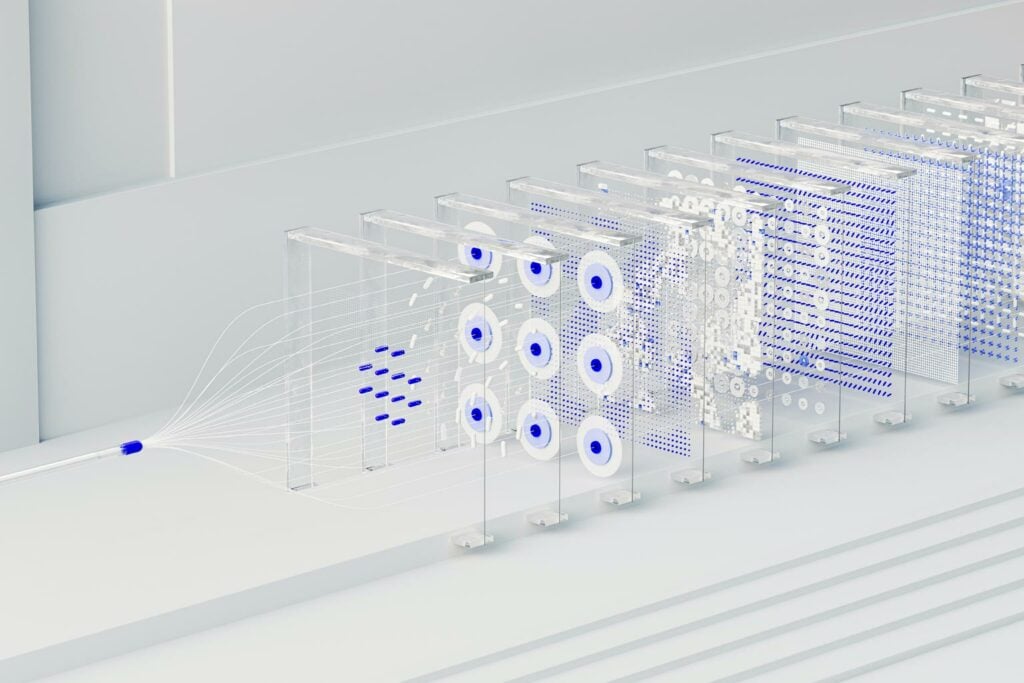Sometimes in business, the best way to garner and preserve a competitive advantage is by keeping valuable information to one’s self. Just about any valuable business information can be legally protected as a trade secret. Trade secret protection is useful because it is an inexpensive way to protect valuable information, there are no formal requirements that must be satisfied in order to create trade secret protection, and protection can last indefinitely so long as the information is kept secret. Trade secret protection is also useful when certain intellectual property or business information may not be eligible for one of the more formal types of legal protection, such as patent protection of federal registration of a copyright with the federal government.
In AI technologies, there are a number of different pieces of intellectual property that can be protected by trade secret. The following types of information and intellectual property generally don’t qualify for other forms of legal protection, making them good candidates for trade secret protection.
- Proprietary Software Code. Software code itself is ineligible for patent protection (but the process that the software code performs might be patentable). Similarly, the functional elements of software code are ineligible for copyright protection. The only other option for protecting proprietary software code is with trade secret.
- Mathematical Formulas. Many AI technologies involve the collection and manipulation of data. Often times, key mathematical formulas are used to process or manipulate data in machine learning techniques for AI. Unfortunately, mathematical formulas are another type of IP that is generally ineligible for patent or copyright protection – leaving trade secret protection as the only viable form of protection.
- Algorithms. The rules AI follows to perform an automated task or the process that is followed during machine learning can be critically important for distinguishing one AI from another. Those involved in creating new AI technologies often labor long and hard to arrive at the precise algorithm that sets their AI innovation apart from the rest. Yet, algorithms typically cannot be protected with patent and copyright protections, making algorithms ideal subject matter for trade secret protection.
- Know-how. The know-how behind AI can be valuable as well. Knowledge concerning how data is treated or what algorithms are used in AI can provide a competitive advantage in a particular industry or application of AI technology. Since knowing the best, most efficient, or most cost-effective way to operate AI in a particular application can translate into profits, keeping technical or business know-how to yourself with trade secret protection can be a smart business move.
If you have IP assets related to AI technology or machine learning, the professionals at The Rapacke Law Group can work with you to devise an IP strategy that makes sense for your business. We can advise you on the legal options that are available to you and can assist you in seeking those legal protections. We offer a free initial consultation, so please contact us today.





